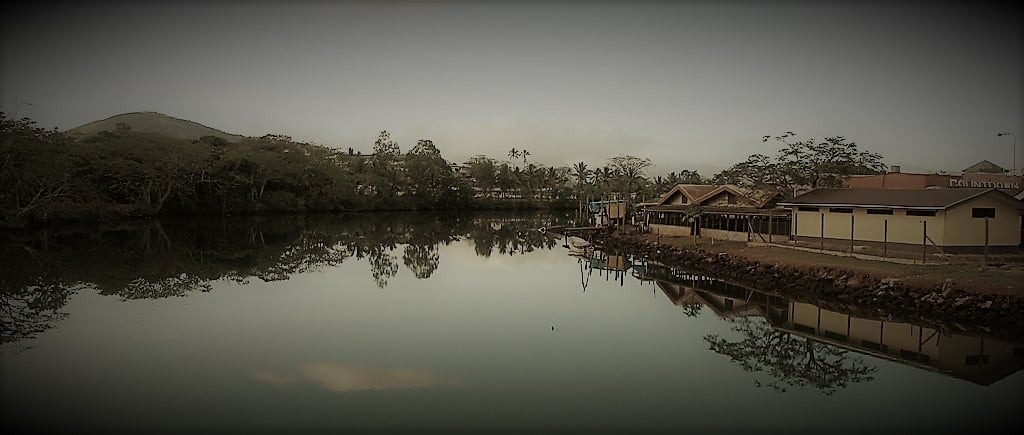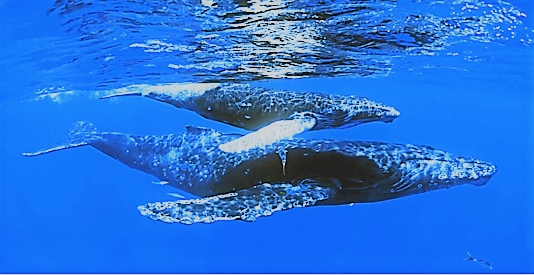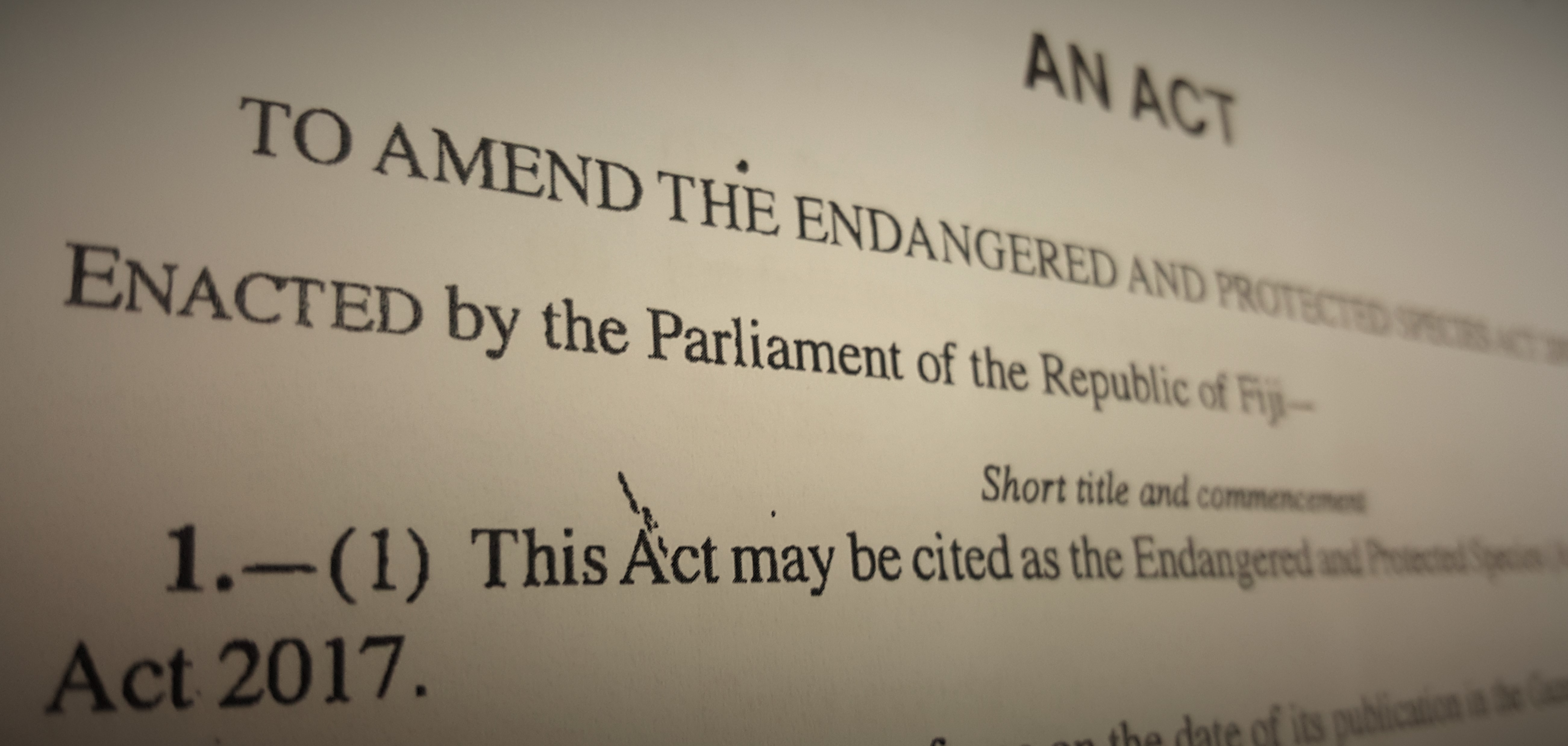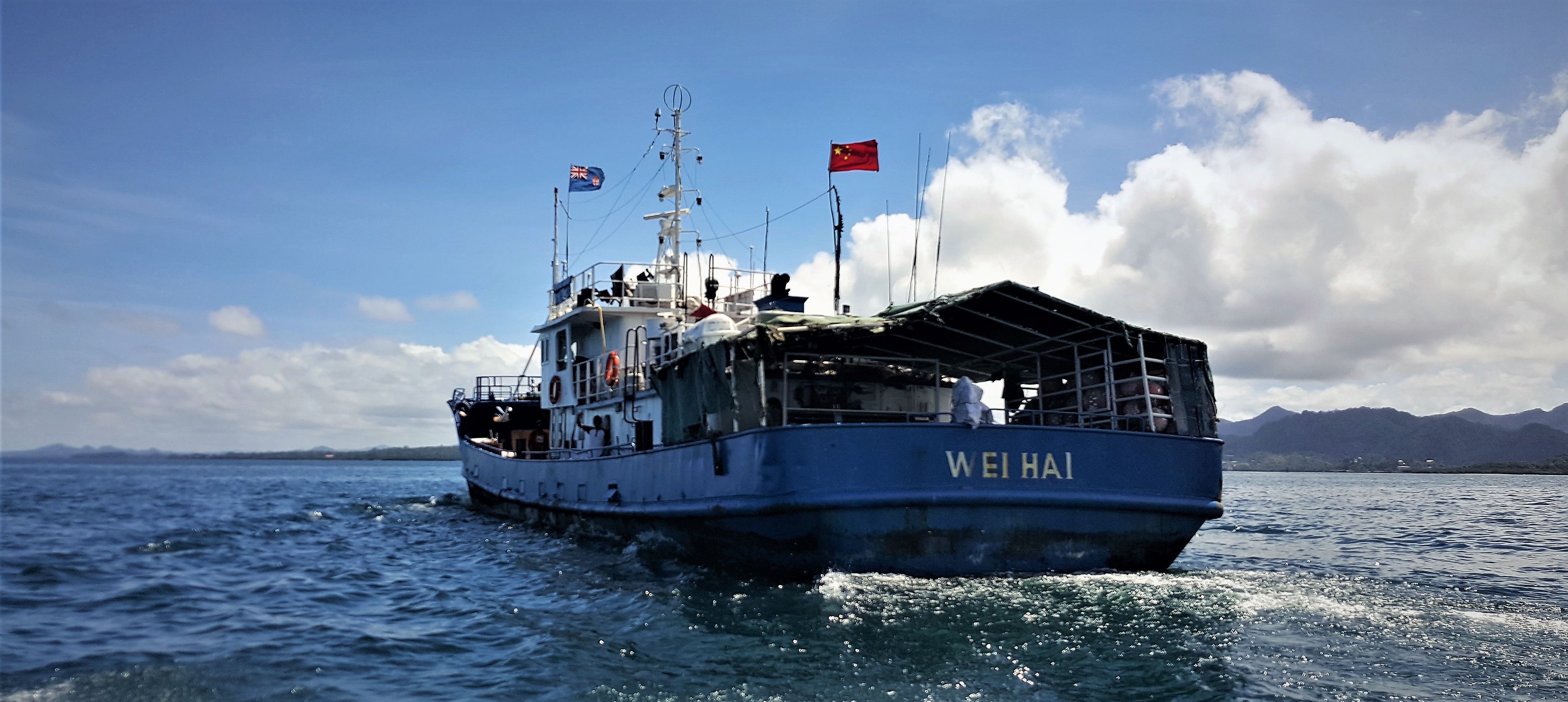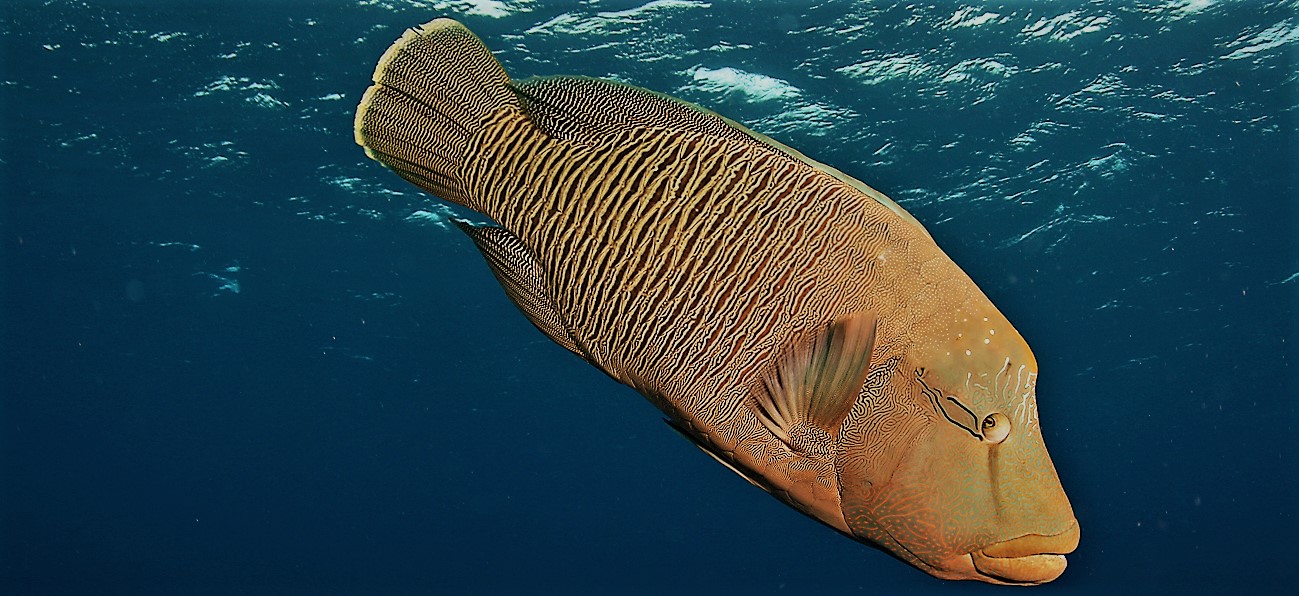In Fiji law the requirement for building permits for new buildings within cities and towns and any other areas “gazetted" by the relevant Minister derives from regulations made pursuant to section 39 of the Public Health Act 1935. A building permit is issued by the local authority and is required prior to the lawful construction of any building. Depending on a building proposed, its location and other factors like environmental impacts, the local authority may not be able to issue the building permit until approvals are issued from other government ministries or departments.
On 14 July 2017, the Fiji Parliament enacted the Regulation of Building Permits Act 2017 (“RBPA”) which aims to streamline the process for obtaining a building permit.
In this bulletin we consider the implications of the RBPA both for developers but also in terms of the potential impacts on good decision making for Fiji’s natural resources and those who may be adversely affected by development decisions.





